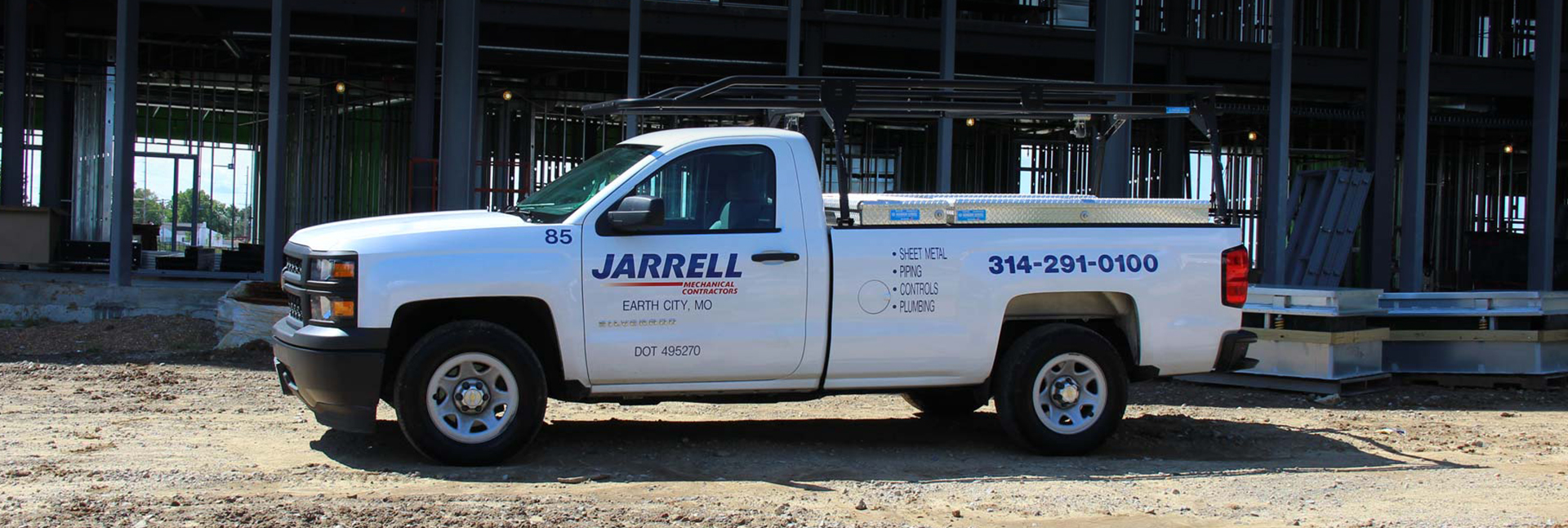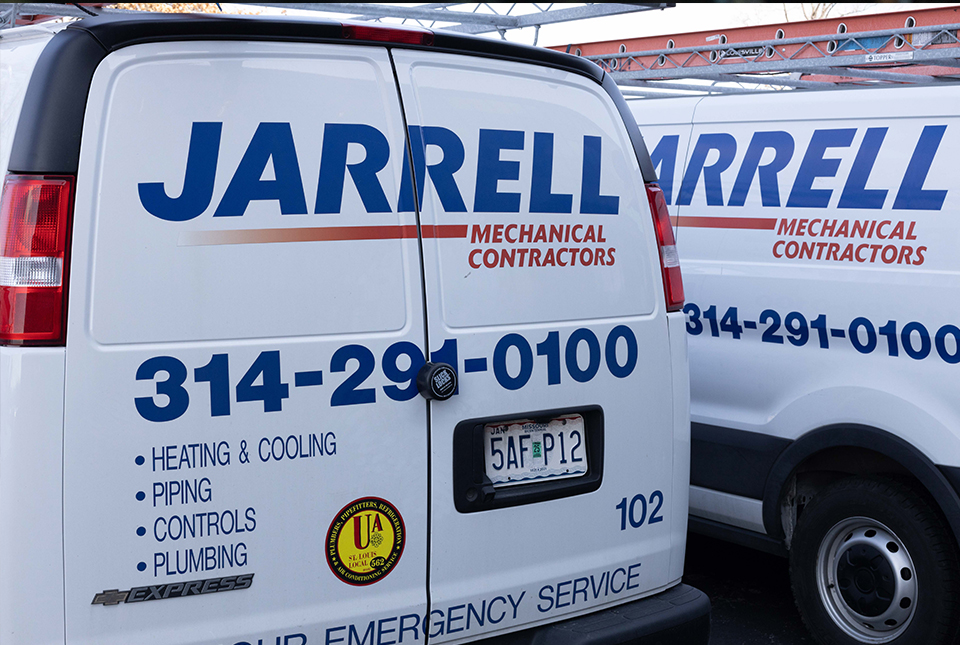Maximizing the Life of Your HVAC System
A commercial HVAC system is one of the most essential and most expensive assets a building has. It’s a powerhouse that silently keeps your building comfortable and its air clean. If not properly maintained, your system loses its efficiency, which makes your system work harder, in turn increasing fuel consumption and decreasing its overall lifespan, and can have a direct impact on the health and well being of its occupants by increasing airborne allergens and illnesses.
As a building owner or manager, your goal is to get the maximum life out of your HVAC system so it doesn’t need to be replaced sooner than it should. Commercial HVAC systems are built to last and most will endure for 15 years or more. Boilers, could last for 30 years, whereas gas water heaters have an average lifespan of 12 years. How can you make your HVAC system last 15 years or more? Consider the following key items related to your building's HVAC system.
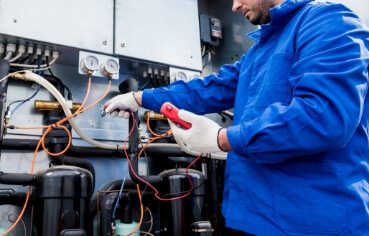
Perform Regular Maintenance
Winter and summer are the busy seasons for your HVAC when your system works almost nonstop. Maintenance is typically performed before these seasons to ensure your system is prepared. Regular maintenance gets a pair of expert eyes in there that may notice a small issue that can be fixed before it becomes a major problem. f you have regular, scheduled maintenance done, it could increase the lifespan of your system to 15 years or more.
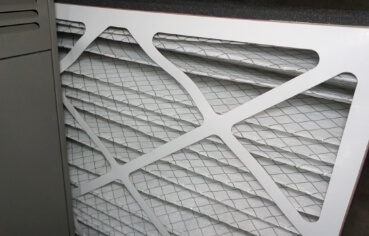
Change your Filters
Filters need to be changed more often than you have routine maintenance done. If you’re not changing your filters every 1 to 3 months, you’re causing your system to work harder than it should have to and lessening its ability to clean the air and make it safe for its occupants. Changing them consistently will save you 10-15% in energy savings.
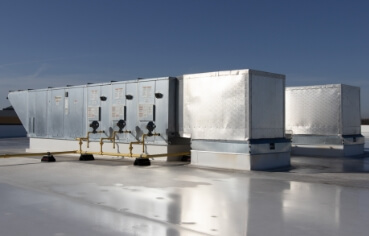
Size of the HVAC unit Matters
If your system is too small for the size of your building, it will struggle to keep it warm or cool, working much harder than it should. Its size also includes the ductwork, which should’ve been installed in such a way that it evenly distributes hot or cold air. A unit that is too small for the amount of space it needs to service or has inadequately installed ductwork will have to work harder and its life will be shortened.
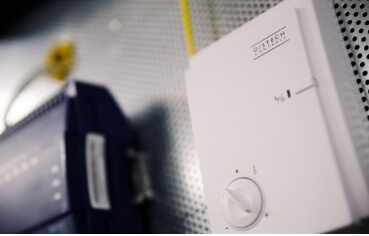
Consider a DDC Control System
If your system doesn’t have one, installing a DDC control system will allow greater control over when the system runs. By programming the unit to run only when the building is occupied, you could not only save money in operational costs, but you’ll save wear & tear on your system.
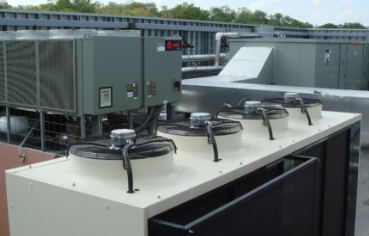
Evaluate the Age of the System
Older systems have to work harder and its components may be on their last legs. If you have an older system, it may be time to consider replacing it. Newer systems are much more efficient and could save you money in the long run.
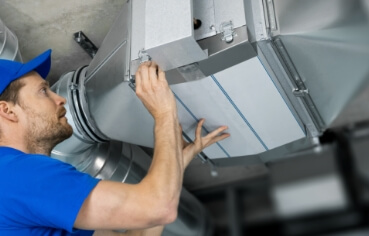
Check your Air Flow
Check to make sure that your ductwork doesn’t have any leaks. If there are gaps in the ducts, air flow is diminished and your system is highly inefficient. Also make sure that your outside equipment is free of plants, shrubs, or any obstructions in order to maintain proper airflow.

